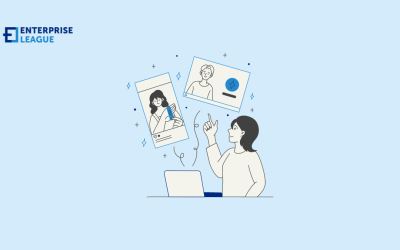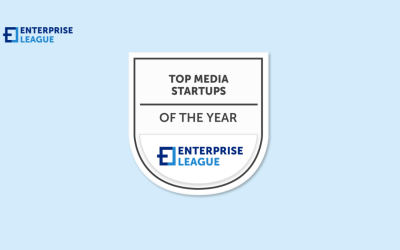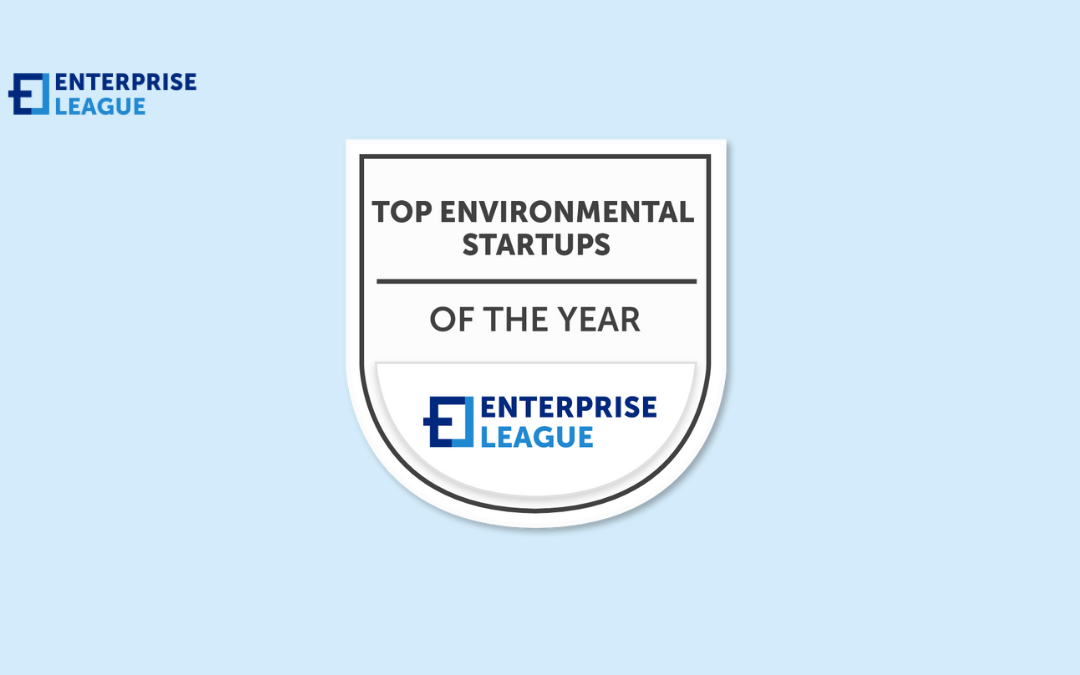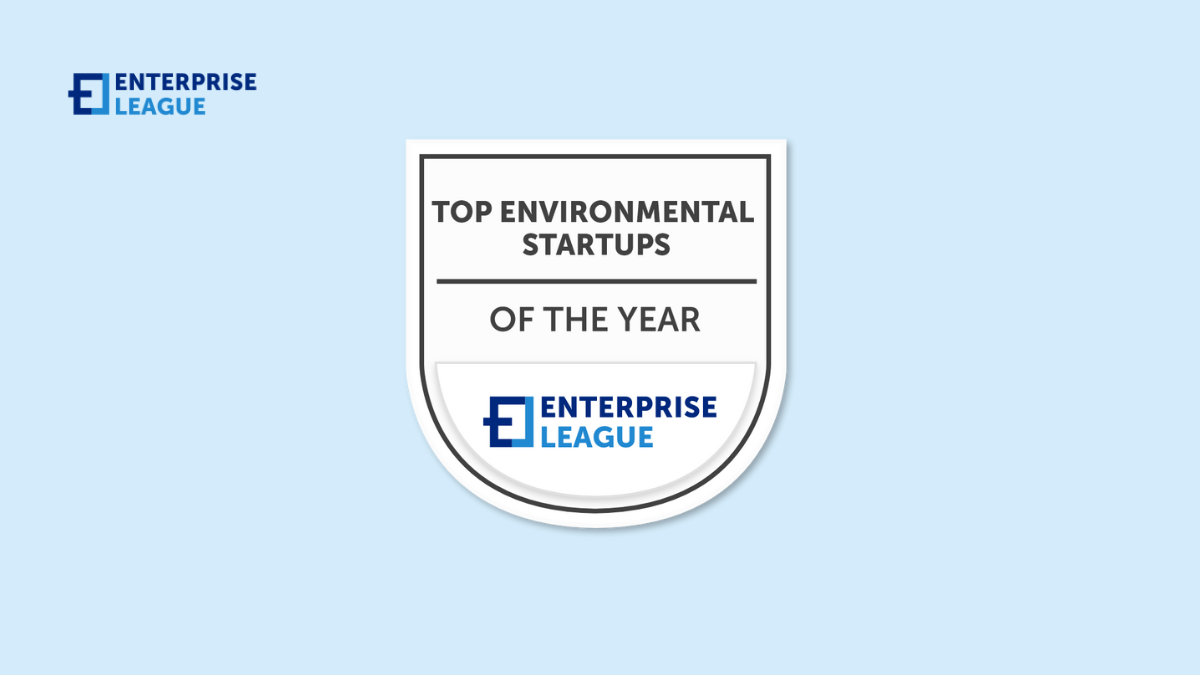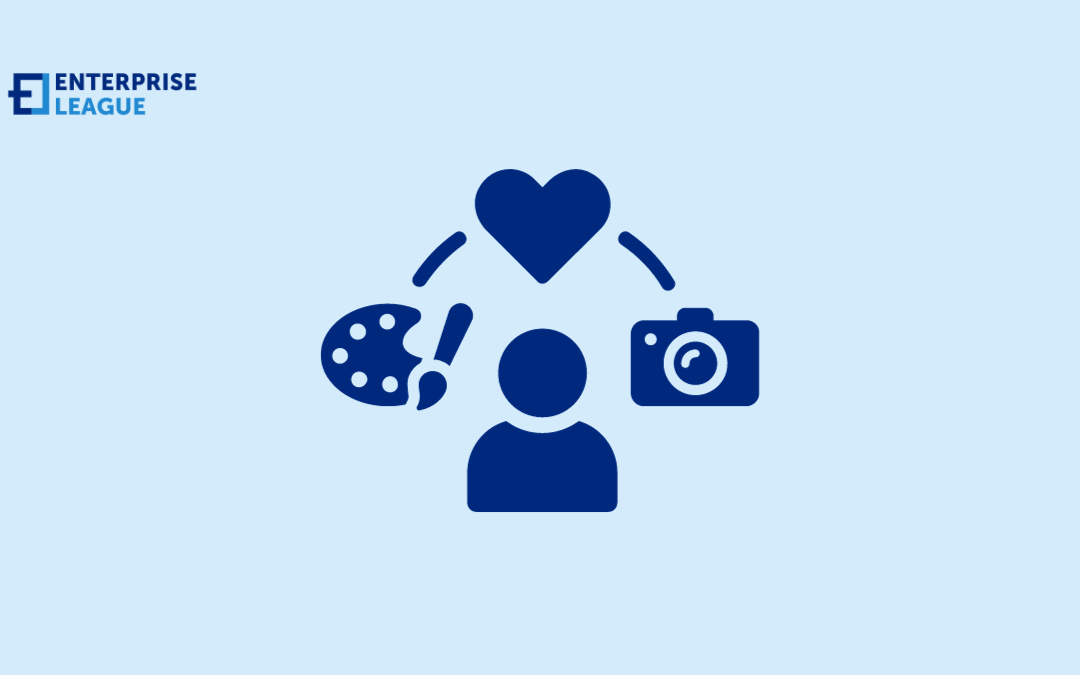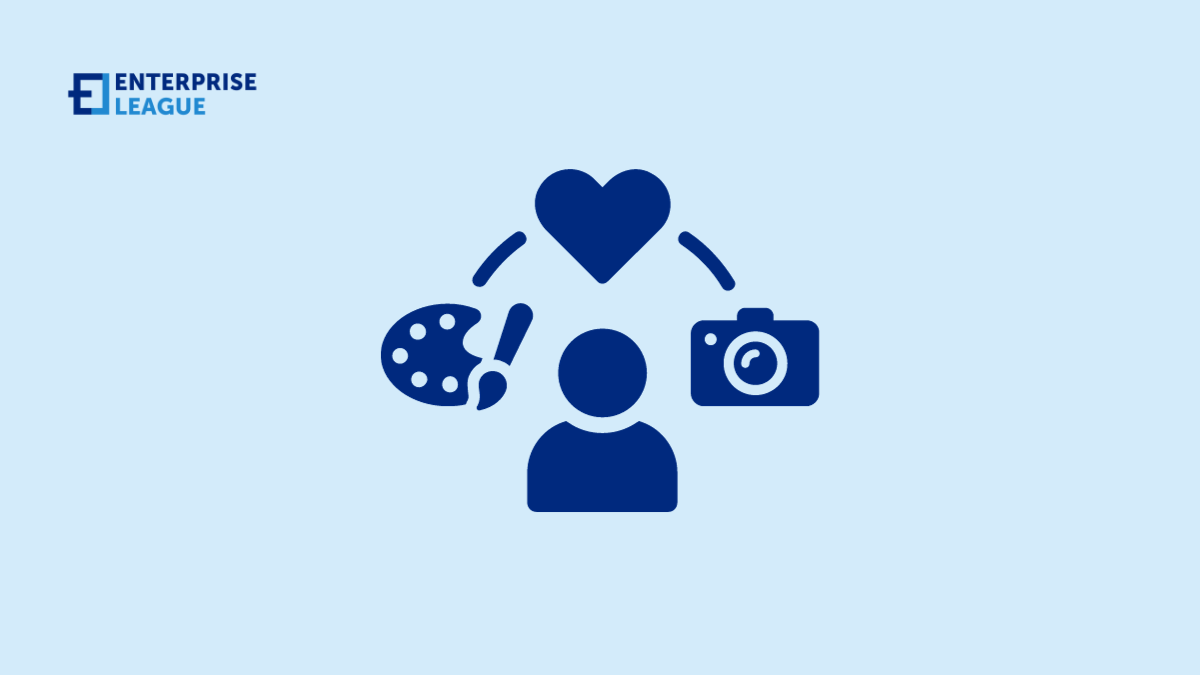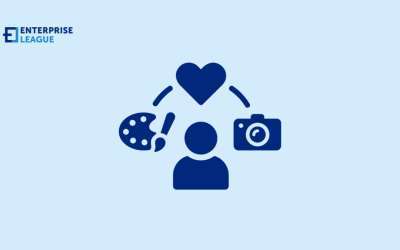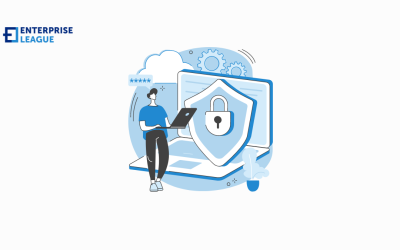So let’s rifle through the perks cloud technologies provide and give you the motivation to move forward with the next phase of digital transformation.

8 hidden negative effects of social media in the workplace (2024)
Social media platforms became an extension of us in our daily life and work. However, many of us are not aware of the dark side that social media has when it comes to use while working.
Employees can find themselves engaging with social media platforms, not paying attention, and giving in to distractions. This distraction increases the likelihood of errors and mistakes, especially compared to colleagues who use social media less frequently – or not at all, during office hours.
While errors and mistakes can be often easily seen and corrected, some of the negative effects of social media in the workplace are more subtle.
Heightened stress levels and reduced mental health can be some of the signs of the negative effect of social media use in the workspace. Of course, these effects can be subtle and the employees may not always recognize that their social media usage is directly contributing to their poor work performance.
The lack of awareness regarding the root cause of the problem hinders the ability to take appropriate action to address it. In this case, implementing strategies such as unplugging from social media or establishing a comprehensive social media policy within the workplace can serve as effective solutions to the issues mentioned above.
These measures encourage employees to be mindful of the negative effects of social media in the workplace and limit their social media usage during work hours. This will without a doubt lead to enhanced team focus, improved productivity, and overall well-being of the employees.
8 negative effects of social media in the workflow you must be aware of
If you are aiming to create a place that your employees will love to work at and be a good boss, pay attention to any of the following negative effects of social media in the workplace. If you detect some of it, act accordingly so you can solve the problem and move on without consequences.
Reduced productivity at work
In my opinion, the most negative effect of social media in the workplace is that it kills your time and reduces productivity. People who use social media during working hours don’t even realize the amount of time they waste on social media and count that in the total working hours.
This leads to dissatisfaction and disappointment which further affects their morale, decreasing their productivity. Therefore, the managers need to have strong regulating policies around the use of social media to avoid getting the employees trapped in this vicious circle.
Jabez Reuben, Owner at The Blueprints
Negative impact on mental health
You can see the carefully selected greatest portions of everyone else’s lives on social media, which you may compare to the terrible aspects of your own life. Comparing oneself to others is a surefire way to cause worry, and social media has made it much simpler.
Miklos Zoltan, CEO at Privacy Affairs
Malicious malware and viruses
Some hackers are using social media to conduct fraud. Because of these online illegal activities, the company’s systems are vulnerable to malware. Some pop-up adverts or downloaded apps may include hidden viruses that might harm your company’s equipment and networks and even lead to a security breach. Furthermore, viruses and malware have the potential to corrupt important work-related files.
Stewart McGrenary, Director at Freedom Mobiles
Poor dopamine regulation
People who are addicted to social media become heavily dependent on their virtual activities for satisfaction and validation. Before you know it, your self-worth is measured in likes, and your importance to the rest of the world is measured in shares. A small event, such as your post going viral, might make you feel on top of the world, while an equally inconsequential occurrence, can make you feel impossibly low.
All of this points to psychological distress, which you should avoid allowing into your life. To summarise, assess the benefits and drawbacks of using social media at work and make an informed decision for yourself. A few minutes of virtual joy aren’t worth compromising your career development.
Ryan Dalal, CEO, and Founder of Merge PDF
Employees may vent their frustrations on social media
Many employees use social media daily, which firstly may be leading to a drop in productivity. Other issues may occur as a result of excessive usage of social media, which may influence the workplace. Firing a client or having employees who are dissatisfied with their jobs may vent their frustrations on social media. The harmful consequences might be felt almost instantly, so having a solution upfront is imperative.
Damien Knight, CEO of Workever
Social media is a tool for gossip and harras
I think social media at work is ultimately a net negative because of its potential for misuse as a tool to gossip and harass. Many employees take to non-work communication channels to denigrate coworkers and managers and it can end up being an HR nightmare.
I have seen an off-color comment in Facebook messenger that was left open on an employee’s work computer while they were in the break room, which was then seen by the coworker that was being slandered, brought to HR and result in a firing because the aggrieved employee threatened to take the comment public if the offender wasn’t let go.
Brett Welker, CEO at Crush the GRE Test
Increases jealousy and affects the relationship with your team
One of the most damaging negative effects of social media in the workplace is jealousy among employees. With social media, you can get the attention of lots of people in an instant or gain popularity. But the problem is, not all people on social media have what it takes to be popular. And in the workplace, seeing your co-worker gaining popularity will deliver a seed of jealousy in you and lead to toxic company culture.
When someone brags about expensive they bought stuff like jewelry, a new house, or a car, again jealousy is triggered. When it happens, lots of things will be affected. It will affect your relationships with that popular co-worker and a negative mood will be all over the workplace.
Israel Gaudette, Founder of Link Tracker Pro
Employees are branded as part of your company
There have been some mistakes made by people who don’t have much experience handling social media. These instances negatively affected the companies they worked for intensely. Such errors have led to a lot of controversies, and companies have gone through a lot of losses because of this. It only takes a few minutes to become viral, so make sure your social media is in good hands.
Rachel Klaver, Co-founder and Marketing Strategist of Identify Marketing
Conclusion
Social media is undoubtedly a part of our lives and as an employer, you don’t have the power to change that. However, what you can do is, approach the with a different mindset to minimize the negative effects of social media in the workplace. Be aware and be open to talk about your employees of the negative effects that social media brings to the workplace and approach each of them individually so you can make sure none of them is affecting your work environment negatively.
More must-read stories from Enterprise League:
- Find clients online by using these foolproof budget-friendly ways.
- Get entertained and educated with some of the best business movies.
- Awakening the entrepreneurial spirit: 19 benefits of ownership.
- 11 proven ways to get customers in the door and improve sales in retail stores.
- Don’t go in blind! Every bit of startup legal advice you must know.
Related Articles
How cloud technologies are revolutionizing small hospitality businesses
The deep psychological effects of sales and advertising
In this article we will explore the deep psychological effects of sales and advertising that average person is exposed to on daily basis for commercial gain.
28 most exciting media startups to follow closely (2024)
Check out these 28 most promising media startups that are making the media industry more engaging, interactive, and enticing for the worldwide audience.
How cloud technologies are revolutionizing small hospitality businesses
So let’s rifle through the perks cloud technologies provide and give you the motivation to move forward with the next phase of digital transformation.
The deep psychological effects of sales and advertising
In this article we will explore the deep psychological effects of sales and advertising that average person is exposed to on daily basis for commercial gain.


